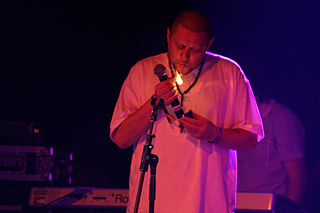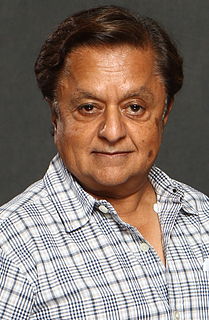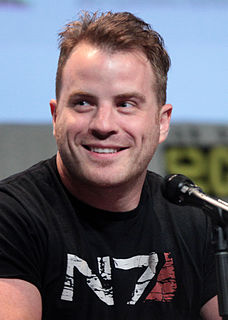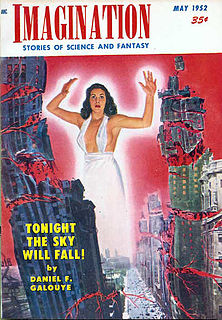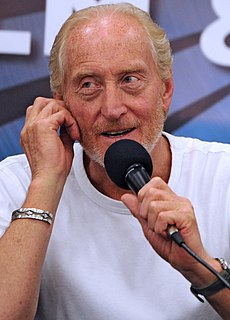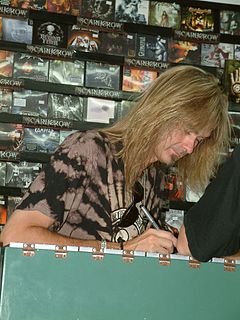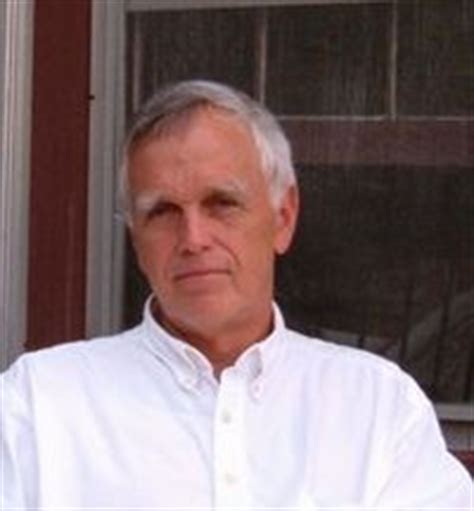A Quote by Harlan Ellison
Star Wars is adolescent nonsense; Close Encounters is obscurist drivel; ‘Star Trek’ can turn your brains into puree of bat guano; and the greatest science fiction series of all time is Doctor Who! And I'll take you all on, one-by-one or all in a bunch to back it up!
Related Quotes
Most of what I do is science fiction. Some of the things I do are fantasy. I don't like the labels, they're marketing tools, and I certainly don't worry about them when I'm writing. They are also inhibiting factors; you wind up not getting read by certain people, or not getting sold to certain people because they think they know what you write. You say science fiction and everybody thinks Star Wars or Star Trek.
It shouldn't be so difficult to determine what a planet is. When you're watching a science fiction show like 'Star Trek' and they show up at some object in space and turn on the viewfinder, the audience and the people in the show know immediately whether it's a planet or a star or a comet or an asteroid.
I've done a couple of fan conventions and [the fans] are legion. They're rather like Star Wars or Star Trek fans. We're very glad of the loyal fans - but it's a strange way to spend your life, dressing up like Star Wars. At least we change our costumes - I don't spend 40 years dressed up as Tywin Lannister.
While the emphasis on effects became a catastrophe for science fiction, it was a relief for the capitalist culture of which 'Star Wars' became a symbol. Late capitalism can't produce many new ideas any more, but it can reliably deliver technological upgrades. But 'Star Wars' didn't really belong to the science fiction genre any way.
How could I have kept out this incredible fiction? That's when it all started for me. I was, and still am, a HUGE Star Trek fan. "Songs Of The Ocean" is my tribute to this great story, and it's based on the Star Trek IV movie, the one in which they go back in time. [The Voyage Home ; It's the one where they bring a pair of whales to the future -ed.]



